Is Kennel Cough A Severe Dog Health Issues Or Something You Can Ignore?
Although kennel cough may appear like one of the less important dog illnesses, it can cause more severe conditions if untreated. Also referred to as "canine flu," this upper respiratory infection is very contagious and can be generated by a range of different bacteria and viruses, primarily the bacteria identified as Bordatella Bronchiseptica. Several dog health issues including canine distemper, parainfluenza and canine adenovirus can also make dogs more disposed to contracting the bordetella bacteria. This health issue is known as kennel cough because it is most commonly spread among dogs that are confined in kennels, animal shelters or other considerable volume boarding facilities.
When dogs inhale this disease-causing germ deep into their upper respiratory tract, they develop the disease kennel cough. While normally mucus in the respiratory system traps infectious particles, their normal resistances towards ailment may be destabilized due to factors like cold temperatures, stress and contact with dust and cigarette smoke. A different way that dogs can contract this ailment is through contaminated surface or direct contact with other dogs that are already infected. The disease remains highly contagious even weeks after the symptoms have disappeared.
A continuous "hacking" cough that sounds like gagging or retching that is sometimes observed in conjunction with a white, frothy substance that gets coughed up, are the essential indications of kennel cough. Alternative symptoms are not usually seen with this illness, comparable to fever, lassitude or any other notable differences in normal play routine or activities. The coughing can become even worse, causing the pooch to cough all day and throughout the night, if he gets exerted. In most cases the symptoms of kennel cough will emerge between 3-5 days after the virus has been contracted.
Dogs that become contaminated with kennel cough will normally get better within around 3 weeks' time, however dogs that have other illnesses or health conditions and dogs that are older, can sometimes take longer . You may help to moderate the coughing by keeping your dog in a zone that is well-humidified, and by changing your leash with a harness to reduce pulling on the neck. It's important to note that dogs who have been diagnosed with this ailment should remain to be observed even with treatment, because there are several severe complications that can stem from this illness including pneumonia, which can come from a secondary infection, or increased symptoms like lethargy, loss of appetite, increased temperature and eye or nose discharge. Kennel cough may also be a symptom of more severe dog illnesses and health issues such as periodontal disease, heart disease, parasites, heartworm and allergies. If the dog fails to get better within the expected time, or has warning signs as lethargy or heavy breathing, you might contact your veterinarian as soon as possible.
Vaccines for kennel cough may be delivered through injections or nasal mist but they don't guarantee that the dog will not develop the disorder and will not alleviate active infections. If your pet dog is susceptible to bite, injections are generally given, however the nasal mist has been revealed to be effectual in non-biting dogs that are frequently housed in multiple-dog or kennel type situations. Injections are given as a part of the first pup shot series, giving two doses 4-weeks apart with annual booster shots being given every year after, with yearly intranasal or nasal mist type vaccines being given to dogs annually or as often as every 6-months for dogs that are in kennel situations regularly, making them more high-risk. Antibiotics are generally given to cure the bacterial infection itself in dogs that are diagnosed with the disease, with a cough suppressant being given if your dog is not coughing up anything productive.

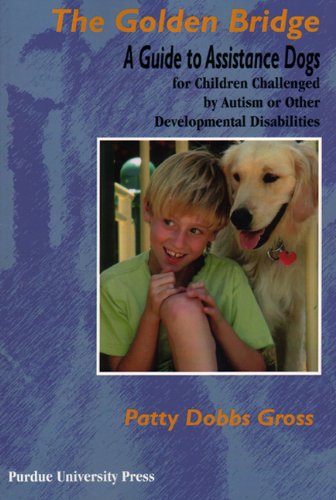 How Service Dogs Can Be A Godsend For Children With Autism
Assistance Dogs for Children
How Service Dogs Can Be A Godsend For Children With Autism
Assistance Dogs for Children
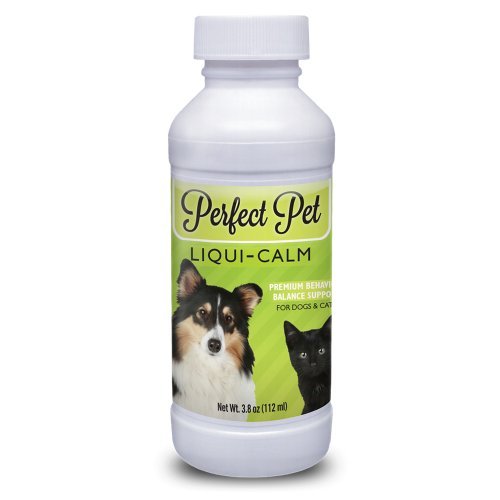 How to Calm a Dog During a Thunder Storm
Does your dog go absolutely
How to Calm a Dog During a Thunder Storm
Does your dog go absolutely
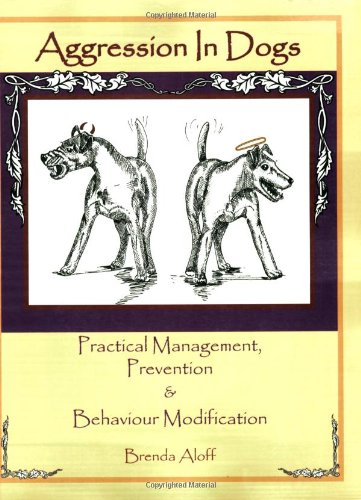 Eight Reasons Why Your Dog Is Aggressive
Dogs have been a man’s
Eight Reasons Why Your Dog Is Aggressive
Dogs have been a man’s
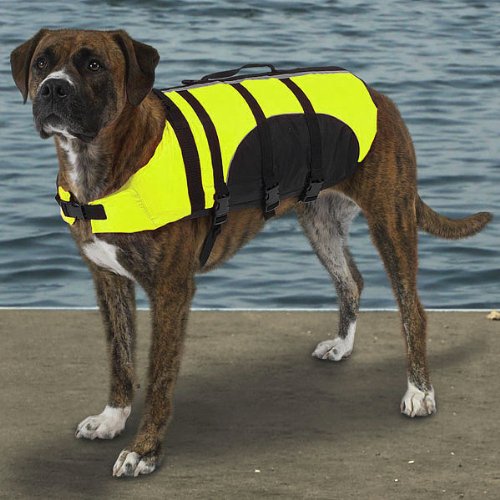 Dog Life Jacket
This summer my hubby and I h
Dog Life Jacket
This summer my hubby and I h
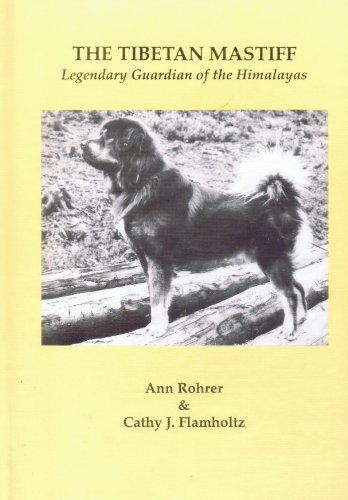 Is it a Dog or a Bear?
For large dog breed lovers t
Is it a Dog or a Bear?
For large dog breed lovers t